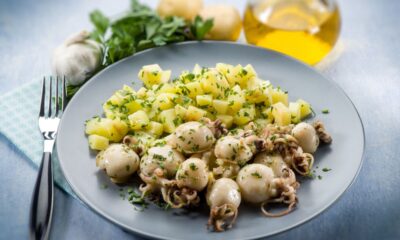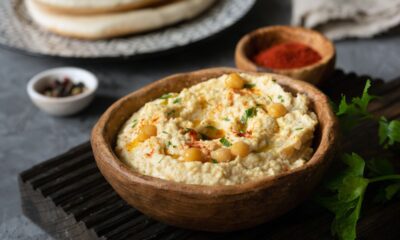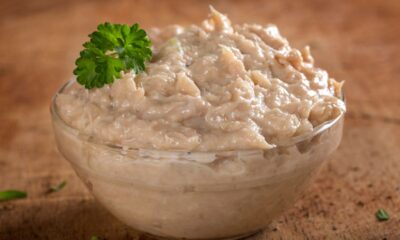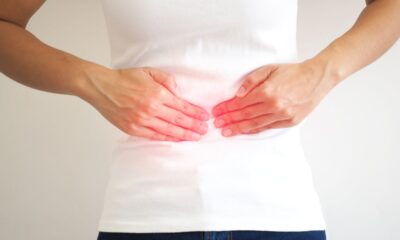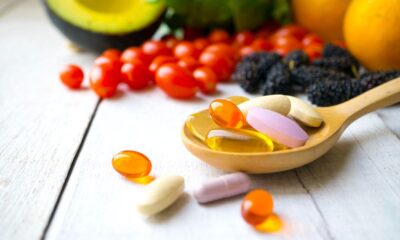Food
Ricotta in pregnancy, yes or no? What to know in order not to make mistakes
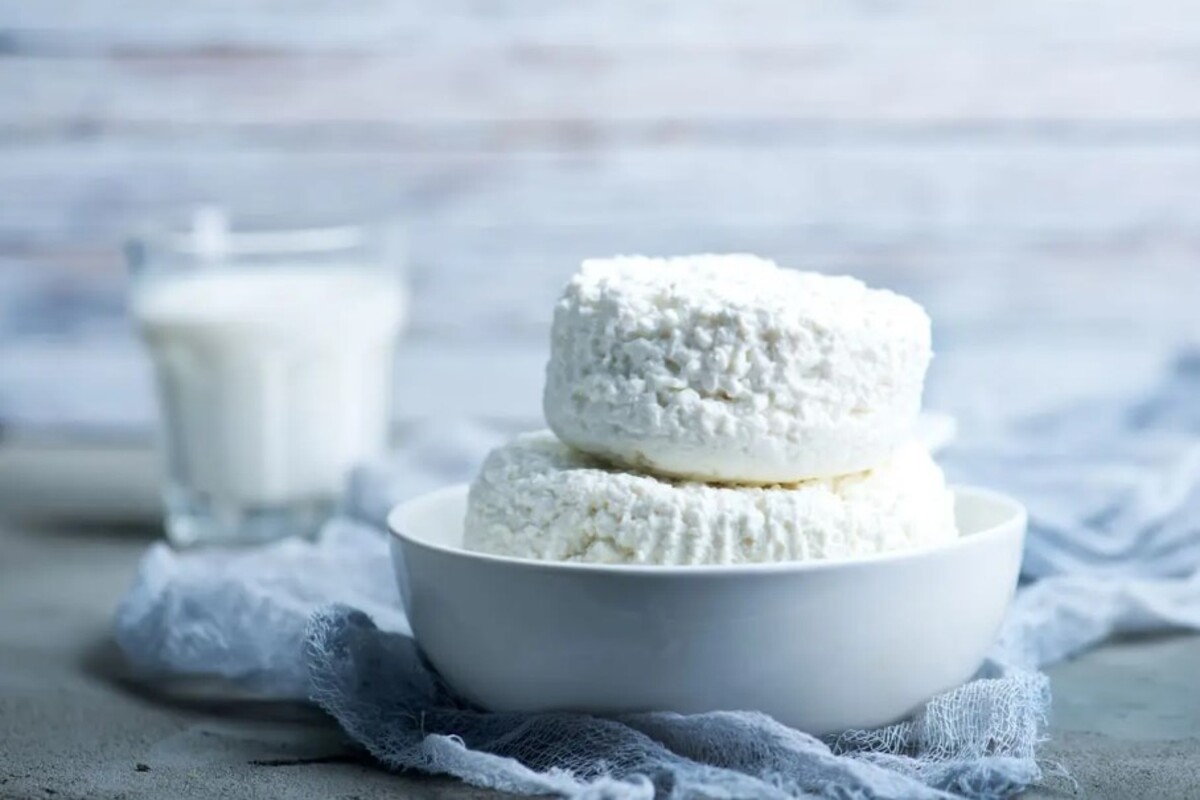
Can you eat ricotta when you are pregnant? Broadly speaking, yes. In order not to take risks, however, it is necessary to have some precautions.
One of the questions that often arises when we are pregnant is whether it is possible to eat ricotta cheese when pregnant . This food is in fact light and tasty, perfect on many occasions and well tolerated in case of nausea or heaviness.
Regarding the possibility of consuming it or not during pregnancy, the answer is affirmative provided that some precautions are taken when purchasing the product. Otherwise, in fact, both the mother and the unborn child could have some rather serious problems. Let's see what you need to pay attention to and what you risk.
Ricotta in pregnancy: allowed or forbidden?
Ricotta during pregnancy yes or ricotta during pregnancy no? This is one of the most popular questions among pregnant women. And this is because when you are pregnant there are several foods that you cannot eat. This depends on the fact that some of the most common foods could cause problems for both the expectant mothers and the fetus. Therefore, when you find out you are pregnant it is good to know the list of foods that must be absolutely banned from the table. Returning to ricotta, it is important to know that it is allowed only if it is based on pasteurized milk . Even better if you opt for an Italian product, coming from a controlled supply chain and if you avoid the artisan ones of which you are not sure.
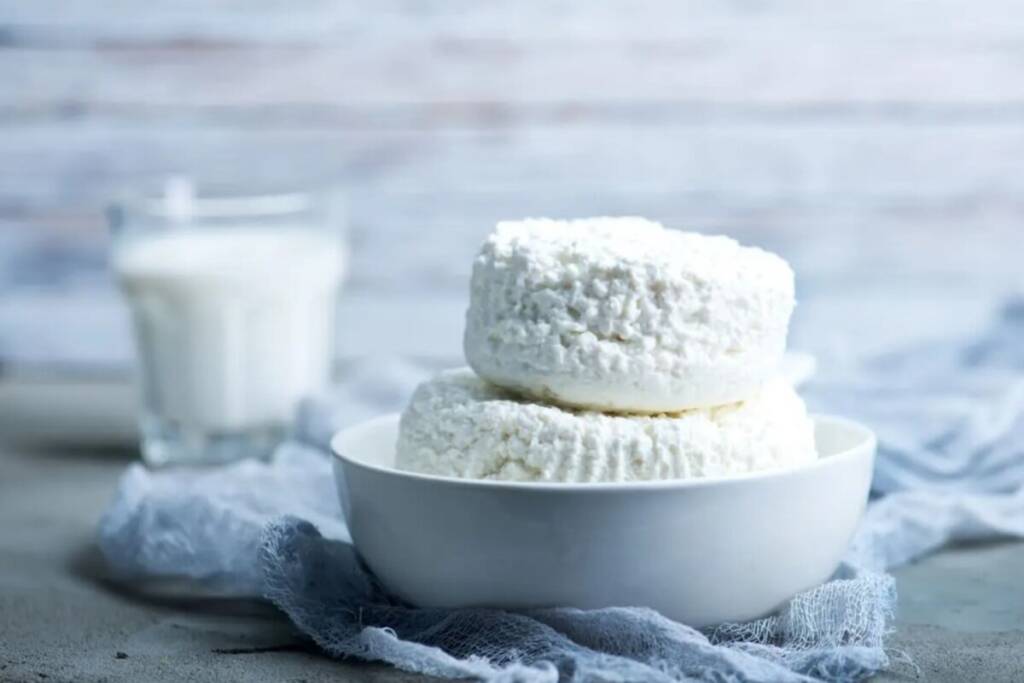
It should be emphasized that ricotta is a dairy product obtained from the second boiling of the whey, which is why it is not a forbidden food during the nine months of gestation. It is also important to remember to avoid fresh ones and to choose only the one obtained from pasteurized milk because otherwise there could be serious risks of bacterial contamination .
Ricotta in pregnancy and toxoplasmosis: the risks
Pregnant sheep's ricotta, as well as cow's, must be produced with the whey boiling method. This, it is worth reiterating, means that only pasteurized milk is used. Conservation is also very important, which must take place in certain conditions. When the serum is not the one required and there is poor hygiene, bacterial contamination is encountered, which could lead to nasty infections, such as toxoplasmosis and listeriosis . These two diseases, if caught during pregnancy, can cause various problems, such as: premature birth, abortion and malformations of the fetus. For this reason it is always good to carefully choose the ricotta to be consumed, check the method of preparation and, if necessary, inquire with who produces it. In this way eating it will be safer and more relaxing.
In conclusion, therefore, green light for ricotta in pregnancy, provided it is made with pasteurized milk and belongs to a controlled supply chain . Last recommendation: prefer cow's ricotta to sheep's ricotta, especially if you consume it often, because it is lighter and more digestible. Furthermore, its less strong flavor (unless you love sheep's milk for this very reason) makes it more suitable even for periods of nausea or when flavors that are not too strong are preferred.
Riproduzione riservata © - WT


